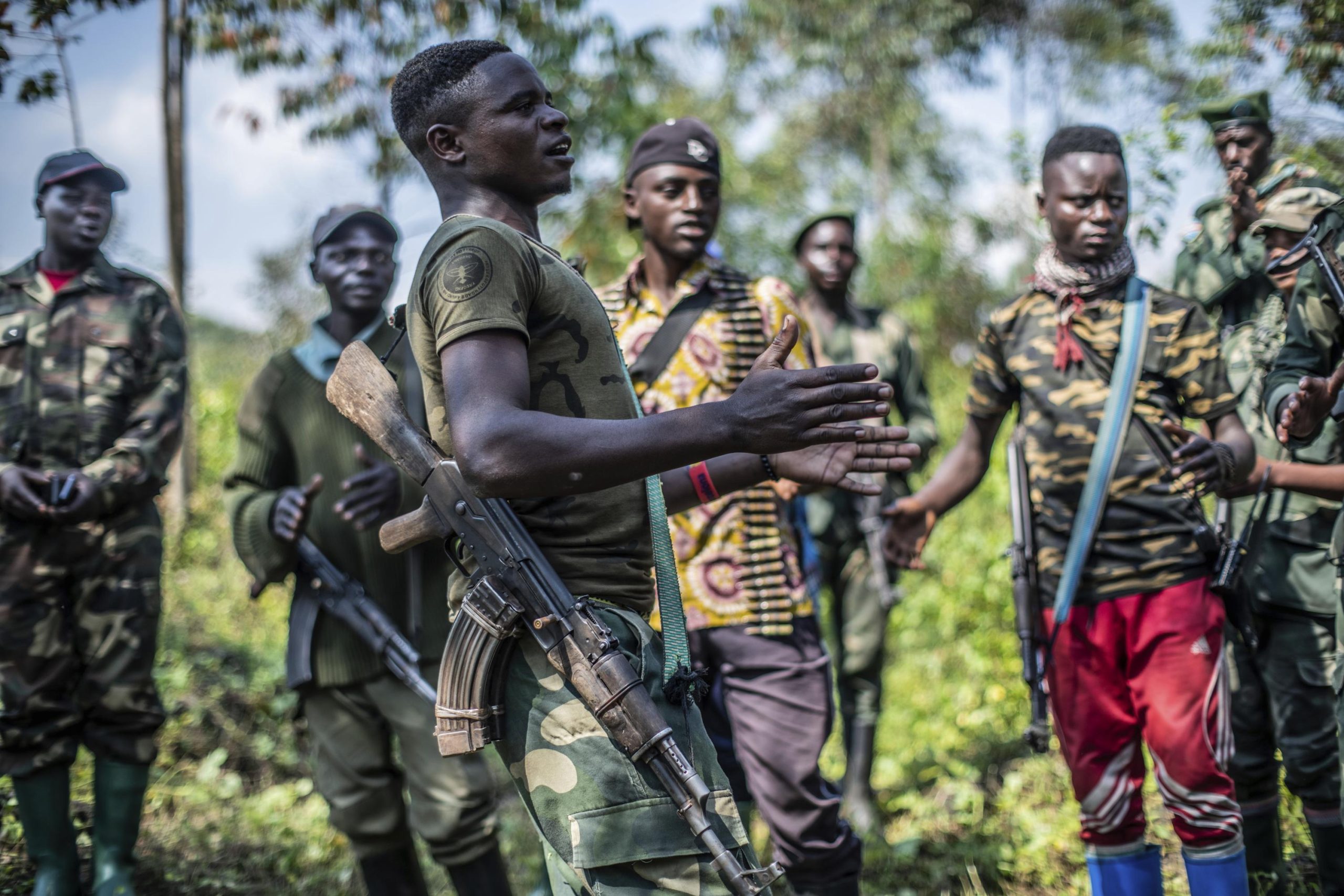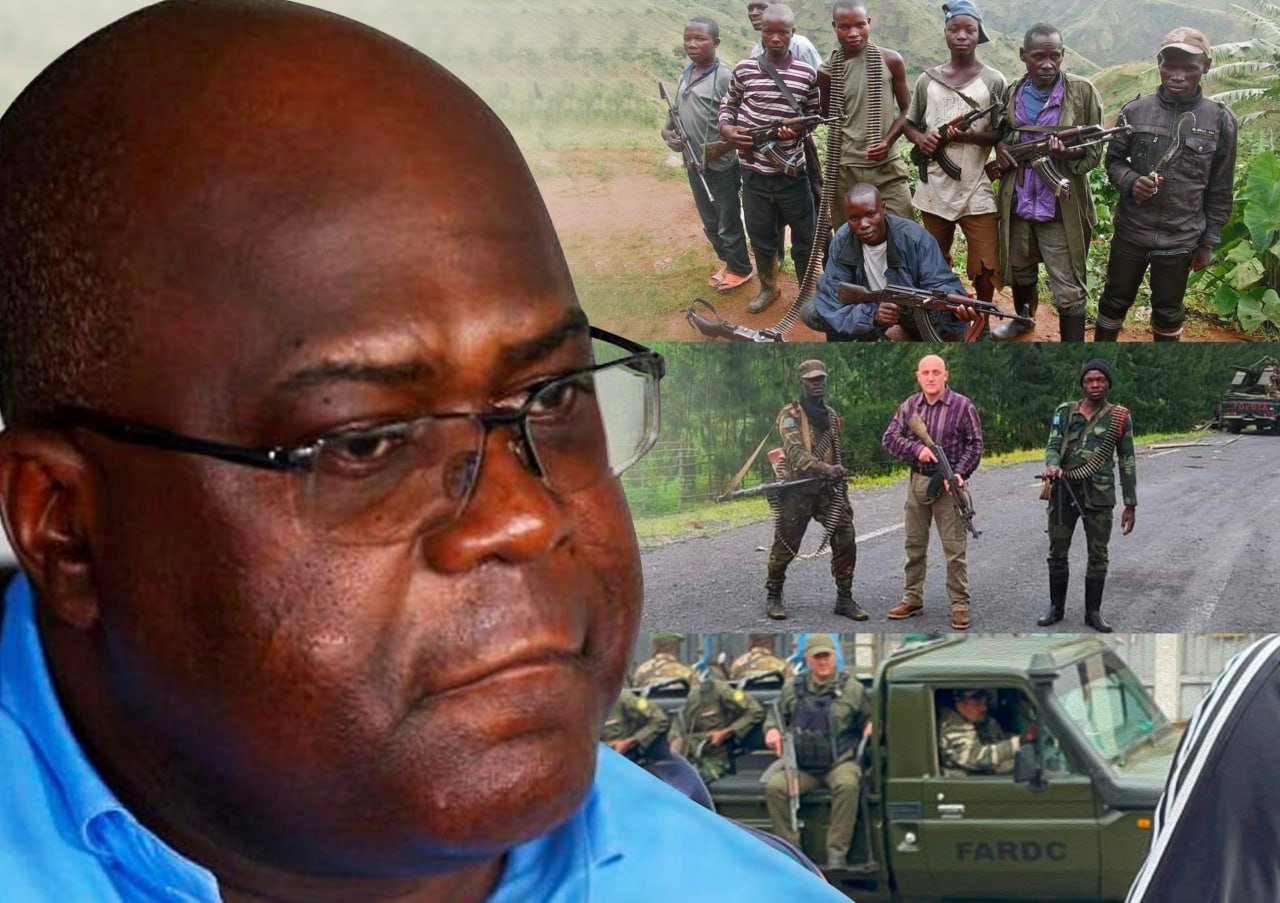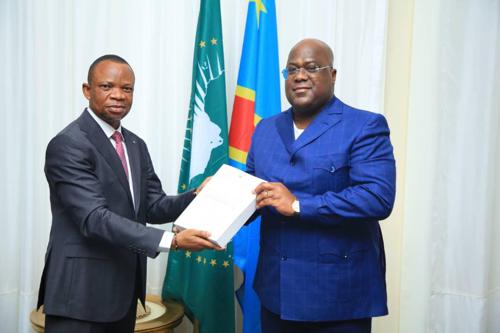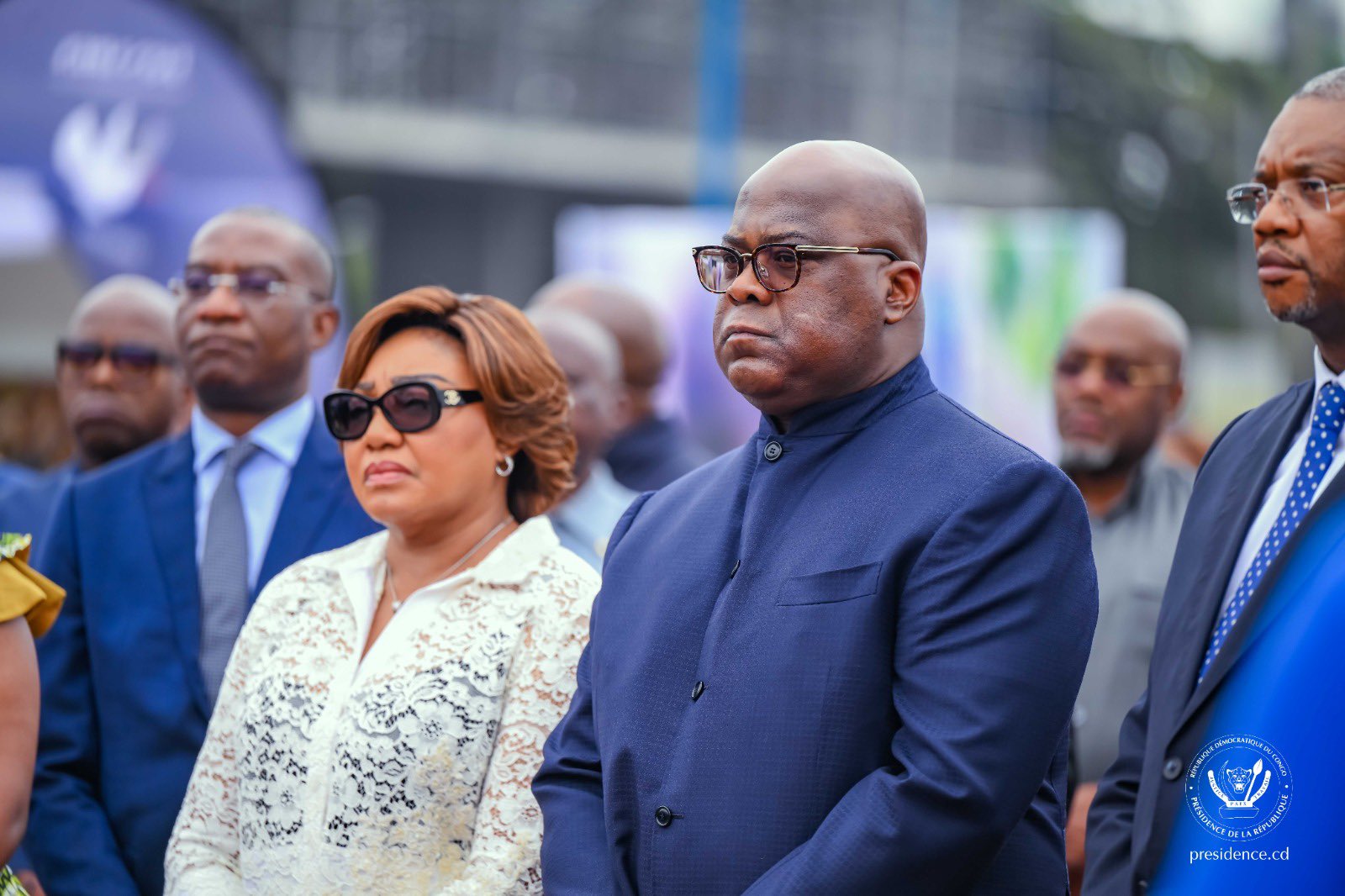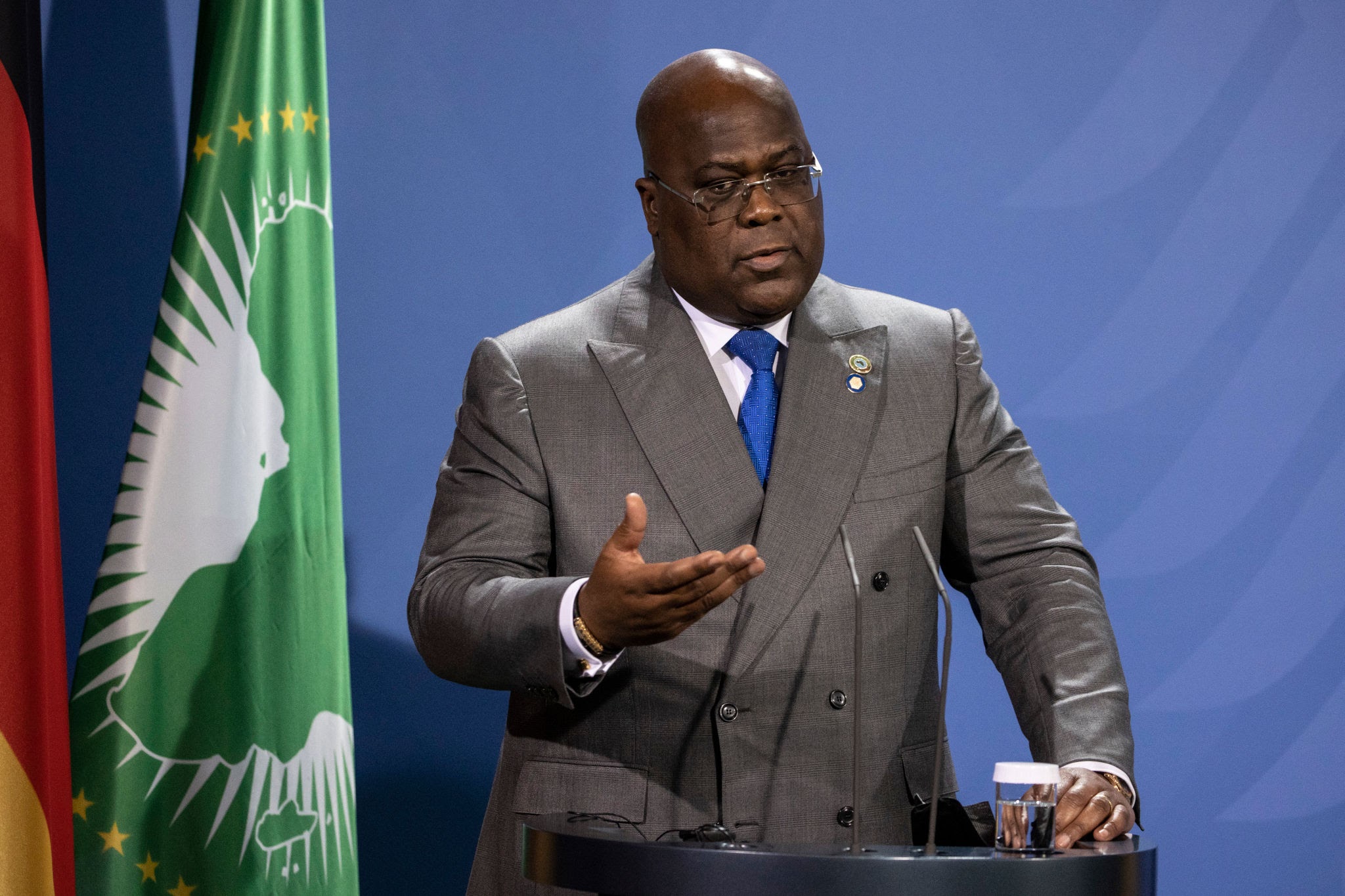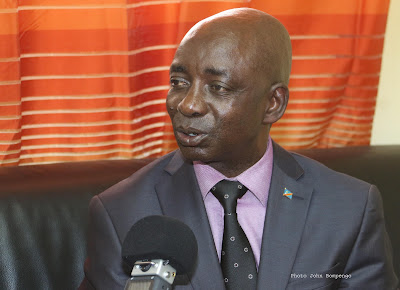Regional
Best solution to crisis in eastern DRC is diplomacy; but Tshisekedi won’t budge
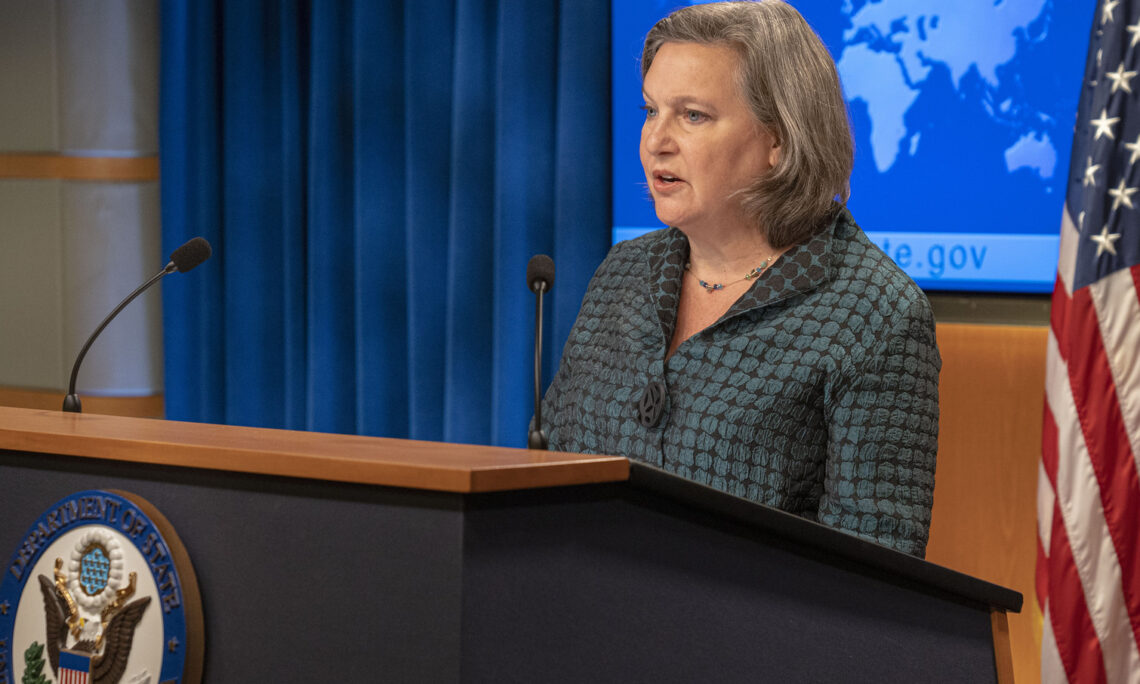
The United
Nations, regional and international leaders, several times, urged Congolese
President Felix Tshisekedi to consider diplomatic solutions to end the
insecurity in the eastern part of his country, emphasizing that it is the only
way to lasting peace in the volatile region.
The
call was reiterated by acting US Under Secretary of State Victoria Nuland
following her visit to Kinshasa on August 2-3.
In a
statement released on August 19, Nuland affirmed that “the best solution to the
crisis in eastern DRC is diplomatic” and expressed her appreciation for the
commitment of regional leaders through their mediation in the Luanda and
Nairobi processes.
“These
efforts have generated a roadmap for rapid progress toward a diplomatic and
lasting solution.”
However,
the clashes between M23 rebels and the Congolese Army, which followed the roadmap
set by regional organizations in mid-2022, dashed the hopes and commitments to
solving the problem diplomatically.
Among
the key resolutions of the Luanda and Nairobi peace processes is cessation of
hostilities, withdrawal of M23 from occupied positions, defeating FDLR and its
splinter groups, creating the necessary conditions for the return of refugees,
and fighting hate speech.
Kinshasa
threw all these agreements into the dustbin and did the opposite: attacking M23
and forcing them to defend themselves, denying the withdrawal of the rebels, accusing
the EAC regional forces of collaborating with M23, heavily arming the FDLR, and
fueling hate speech against Congolese Tutsi.
Surprisingly,
the Congolese government is the one playing the victim, claiming to be
aggressed by neighboring Rwanda, which it accuses of supporting M23. Kigali has
denied the accusation and urged Kinshasa to look at the M23 problem through the
lens of an internal problem and address it accordingly.
Tshisekedi
persistently refused to negotiate with the M23 and stuck to using military means
to deal with the issue. The latter move is ineffective and unlikely to solve
the insecurity crisis in eastern DRC.
Analysts
say that no matter what regional or international leaders will do, Tshisekedi
will not offer anything to the M23 in an election year. Dialogue with the
rebels will deny him votes and earn him criticism by his opponents for bending
to, allegedly, foreign interests.
During
his presidential campaign in 2018, Tshisekedi promised the Congolese to do
everything possible to bring security to eastern DRC. But he failed to honor
his campaign pledge yet he is seeking a second term in the presidential
elections expected in December.
There
are two ways to stay in power.
One
is to become popular by doing the work you promised to do. The other is to be
strategic. Tshisekedi already lost the first one. His only way out is gaining
popularity by accusing Rwanda and M23 of being the problem of DRC because
that’s what the Congolese want to hear.
Tshisekedi
has nothing to help him win the hearts and minds of Congolese in the coming
elections. As such, he opted to portray Rwanda as the cause of his failures;
trying to convince Congolese that ‘he did his best but a bad neighbor ruined
his plans’.
In
his speeches, whether at international meetings, regional summits, sports
events, economic meetings, or visits to another country, Tshisekedi cannot forget
to mention that his country was aggressed by Rwanda, or that M23 is to blame for
all the insecurity in eastern DRC.
Tshisekedi’s
refusal to negotiate with the M23 but instead brand them as “terrorists” only complicates
the peace process, and prolongs the war and suffering of the people in eastern
DRC.
In
simple terms, Tshisekedi sacrificed the peace of eastern DRC people to gain
popularity so that he could win the December elections – if at all they are conducted.



.jpg-20230823071016000000.jpg)
